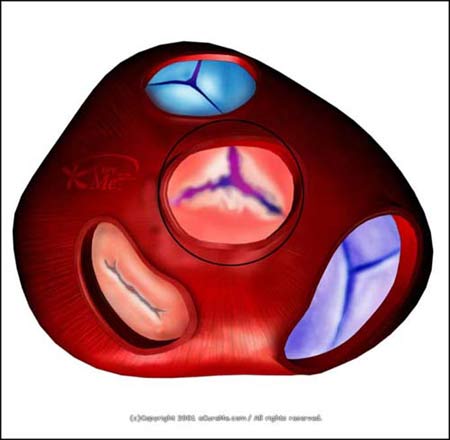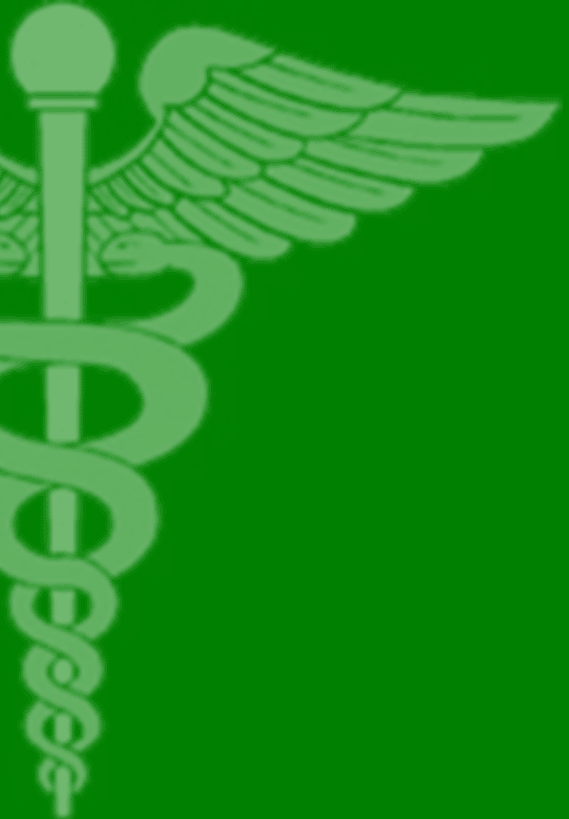 BBC Five Live
BBC Five Live are having an NHSS day and asking people to fill in their experiences of the NHS today - be it as a patient - GP, Dentist, optician, A&E or outpatient; or staff member - consultant, staff grade doctor, foundation year doctor, medical student, nurse, physio, OT, SLT, cleaner, ambulance-person, manager clerk etc.

Five Live then plan to send these collected experiences in a dossier to
Alan Johnson, the new English health secretary, to help inform his decisions.
Many of the contributions are the classic stories of the NHS being there in times of emergency:
I was taken ill on a Sunday a few weeks ago. I rang my Doctor’s number and was put through to an emergency number. The person on the end of the line took all details and told me a nurse would ring me back. The nurse advised me to go to Southmead Primary Care Unit, where I was examined by a doctor. He told me to go to C Ward in Southmead Hospital. I was immediately seen by a nurse who took my blood pressure etc. I then saw a doctor who gave me a thorough examination. She sent me for an X-Ray. Eventually I saw a Consultant who told me I had pneumonia. I was allowed to go home with antibiotics.
or failing in out of hours cases.
My mother suffered abdominal severe pain on Christmas Eve 2004 and through a misdiagnosis at her GP out of hours surgery in Cheshire and a failure to manage her properly she was sent home and later passed away in pain on Christmas Day. All three triage nurses we spoke to on the phone over a 24 hour period were later criticised for having weak skills while several medical staff visited her but left her in pain not taking responsibility for her
The stories from staff of long hours,
We can run a 24 hour service, but there is no 24 hour support - no CT scans, physio, OT, Echocardiograms etc out of hours unless we are talking a dire emergency. Clearly these things shouldn't be done at 2am, but I don't see 7pm as a problem. So we enter a game of negotiation with these clinical areas, trying to get our patients through quicker, while the departments have to prioritise the requests. It takes up an awful lot of time which doesn't truly contribute to patient care. Everyday I'll stay till about 7pm, and there is always something still not done. Handover is tough as Working Time laws mean people are available and unavailable at random times - I fear for next year with the 48 hour working week because it may be that patients rarely have the same team looking after them. That can't help a sick and scared patient.
I like my job - because I know my patients, because I feel involved, because it is interesting and challenging & I am privileged to play a part in peoples lives. But I am increasingly fatigued, by the moaning in the press, by the moaning on the wards, by the governmental attacks on the profession. I do this job to be a doctor - and know for cetain politicians cannot tell me how to do this.
and the relentless demand for change:
PLease stop CHANGING things. GB said this word 8 times in his first speech. We are sick of changes all the time, moving goalposts and targets. How can we hope to build a stble forward thinking service for our patients with this constant meddling. Leave doctoring to us doctors and stop criticising consultants. We work bloody hard, above our paid hours to serve our patients. Considering it took 13 years of hard work working through nights, doing untold exams, self funding my own training for the essential courses and neglecting family life to get to where I am, I think you are getting us at a bargain price. Especially when you consider the incredibly stressful and skilled work that we do on a daily basis. Leave us alone to get on with it..
The laundry gets a mention as well:
Much has been said and written about infection control in hospitals and much importance has been put on good practice such as hand-washing. However, one vital aspect of infection control is virtually overlooked. This is infected laundry. Hospital laundries are very much 'out of sight, out of mind' and a common misconception is that everything that comes out of a washing machine is clean. Nothing could be further from the truth - infected laundry must be thoroughly disinfected. A long-standing official NHS guideline advises hospitals to disinfect infected laundry by washing at high temperatures.
and the cleaning;
A sufferer of Bowel and Liver Cancer and now very sadly died, he made an unfortunate mess of the toilet bowl and seat which I cleaned up as best as I was able with tissue.
Once I had him back in bed I reported the state of the toilet to a Staff Nurse and advised that it required disinfecting.
In the two and a half hours that my sister and I were present, no attempt was made to clean the toilet despite the assurances that it would be done.
So basically the answer seems to be that the NHS is great in life-threatening emergencies but fiddling around with the staffing structure (
MTAS,
MMC,
Working time Directive), management (more managers, privatised hospitals and ancillary services), and targets seems to have caused the system to once again appear on the brink of collapse.

We should remember however that
Alan Johnson is no fool -
...then on to the Education department as higher education minister. He proved a cunning, persuasive and, above all, successful campaigner in the battle to get the back benches to support "top up" university tuition fees. The measure was carried by just five votes, and beforehand the whips were so unsure of victory that Blair discussed the terms of the motion of confidence that would have followed such a major defeat. The orphaned grammar school boy without an O-level to his name cut a more convincing figure among old Labour stalwarts than Charles Clarke, his hectoring, public-school-educated boss. "I was part of the charm offensive with Charles Clarke," Johnson said recently. "I did the charming and he was offensive."

Of course, up here in devolved Scotland things are very different, with only some of the NHS decisions from London actually affecting us.
The NHS up here is now run by
Nicola Sturgeon, who has already made an interesting start to the new Executive / Government's programme by reversing hospital re-organisations in
Lanarkshire and Ayr, but supporting the previous executive's decisions
elsewhere.

The SNP minority government are also opposed to PFI, so we shall have to see if the rate of investment up here is maintained, or whether the NHS is allowed to settle before more upheaval is foisted upon it.



 Well tonight they turned floodlights on to illuminate the advert (for FCUK.com). They have been angled towards the poster, but I can still kind of read comfortably in my living room with the blinds open and lights off.
Well tonight they turned floodlights on to illuminate the advert (for FCUK.com). They have been angled towards the poster, but I can still kind of read comfortably in my living room with the blinds open and lights off.
































